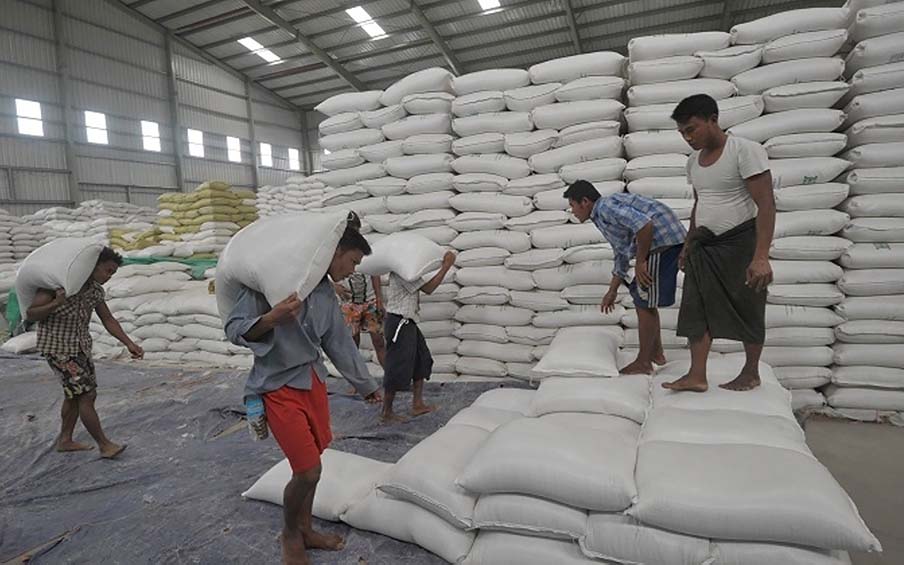The Earth is home to a vast array of flora and fauna that enhance the environment and contribute to the beauty of their respective habitats. Biodiversity is crucial for ecological balance, providing favourable weather conditions and maintaining the health of ecosystems globally.
Despite technological advancements, societies worldwide still depend on vibrant ecosystems for essential resources such as water and food supplies, medicine, clothing, fuel, shelter, energy, forest products and so on. Recognizing the importance of biodiversity, the global community strives to sustain its relationship with the natural environment to ensure the continuous availability of these resources.
The significance of biodiversity in maintaining ecosystems is increasingly acknowledged. To raise awareness and promote biodiversity issues, the United Nations established the International Day for Biological Diversity, observed in global countries annually on 22 May. In December 2022, the global community adopted the Kunming-Montreal Global Biodiversity Framework, dubbed the Biodiversity Plan. This plan aims to transform humanity’s relationship with nature and sets goals to halt and reverse the decline of biodiversity by 2050.
The theme for the International Day for Biological Diversity in 2024 is “Be part of the Plan”. This theme encourages indigenous peoples, local communities, non-governmental organizations, lawmakers, businesses, and individuals to support the implementation of the Biodiversity Plan. The plan seeks to advance the Convention on Biological Diversity (CBD), which is the main international instrument for sustainable development.
In fact, the International Day for Biological Diversity is part of the UN’s Post-2015 Development Agenda and its Sustainable Development Goals (SDGs). Biodiversity is essential for achieving these goals, which encompass sustainable agriculture, combating desertification and land degradation, ensuring water and sanitation, promoting health, advancing sustainable development, and fostering urban resilience and adaptation. It also addresses sustainable transport, climate change and disaster risk reduction, ocean and forest conservation, the protection of vulnerable groups, including indigenous peoples, and food security.
Humans, with their advanced intelligence, bear a significant responsibility for sustaining biodiversity globally. Ensuring the survival of various species is critical for maintaining ecological balance and the well-being of all living beings. Each species within an ecosystem relies on others for its sustainability, making the management and enhancement of biodiversity essential for the prosperity of all life forms on Earth. By actively participating in biodiversity conservation efforts, the global community can work towards a healthier, more balanced world where both nature and humanity thrive in harmony.
Sustain biodiversity species for global community
- May 22, 2024
- 200















